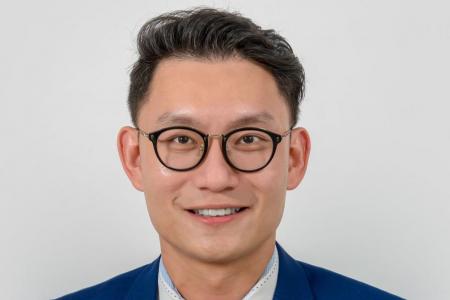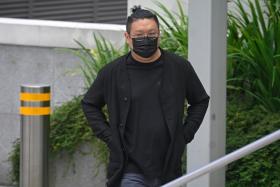Foreign doctor working illegally as locum fined $50,000
A foreign doctor who took on illegal side jobs as a locum for about 2½ years was fined $50,000 by the Singapore Medical Council’s (SMC’s) disciplinary tribunal.
A locum doctor takes over the duties of a regular doctor when the latter is not available.
Dr Queck Kian Kheng had provided locum services to 25 different clinics on 511 occasions from November 2016 to May 2019, earning almost $331,500 from the illicit freelance gigs.
According to the disciplinary tribunal’s grounds of decision released on the SMC website on Dec 28, Dr Queck held an employment pass as an associate consultant with Singapore Health Services at the time of the offences.
He did not have a valid work pass to be a self-employed foreigner.
In June 2021, he had been separately convicted of three charges for being a self-employed foreigner engaged as a doctor without a valid work pass. He was fined $70,000 then.
Following that, the SMC brought a charge against him under the Medical Registration Act for an improper act or conduct which brings disrepute to the medical profession.
Represented by Dr Alex Cheng and Mr Eric Tin from Donaldson & Burkinshaw, Dr Queck pleaded guilty to the latest charge.
The SMC asked for a fine of $50,000, while Dr Queck’s lawyers left the quantum to the tribunal.
An online search for registered healthcare professionals in Singapore showed that he has been a fully registered medical practitioner since July 6, 2014, and currently specialises in neurology at the KK Queck Neurology Centre at Mount Alvernia Hospital.
He also obtained his doctor of medicine degree from the National University of Malaysia in 2009.
The SMC felt a fine was appropriate because the case did not involve fraud or dishonesty, and Dr Queck had shown remorse by his early plea of guilt.
In mitigation, his lawyers said he had cooperated with investigations and voluntarily disclosed his locum engagements.
Dr Queck’s offences were committed due to his honest omission and inadvertence to check whether he could engage in locum practice, said the lawyers.
They added that while he did not have actual knowledge of the restriction, he did not conceal that he was an employment pass holder and that the clinics that engaged him asked only if he was fully registered.
Dr Queck was also not primarily profit-motivated, but had wanted to improve his clinical skills and broaden his medical knowledge during his free time, they added.
In response, the disciplinary tribunal was of the view that the fact that the breaches took place over such a prolonged period, pushes Dr Queck’s conduct beyond mere inadvertence and more towards indifference.
“It cannot be a mitigating factor for a foreign professional who holds an employment pass to claim that he was unaware of the limited scope under which he could work in Singapore,” said the tribunal.
The tribunal also found the assertion that Dr Queck’s motivation to work as a locum was to improve his clinical skills was self-serving and overstated, and questioned why he had not volunteered his medical services instead.
While the tribunal recognised that he had favourable character references from his peers, supervisors and patients, and his professional achievements as he had won awards during his residency training and for science and research, those factors must be weighed against the need for deterrence, especially as he had received substantial financial benefits.
Get The New Paper on your phone with the free TNP app. Download from the Apple App Store or Google Play Store now


